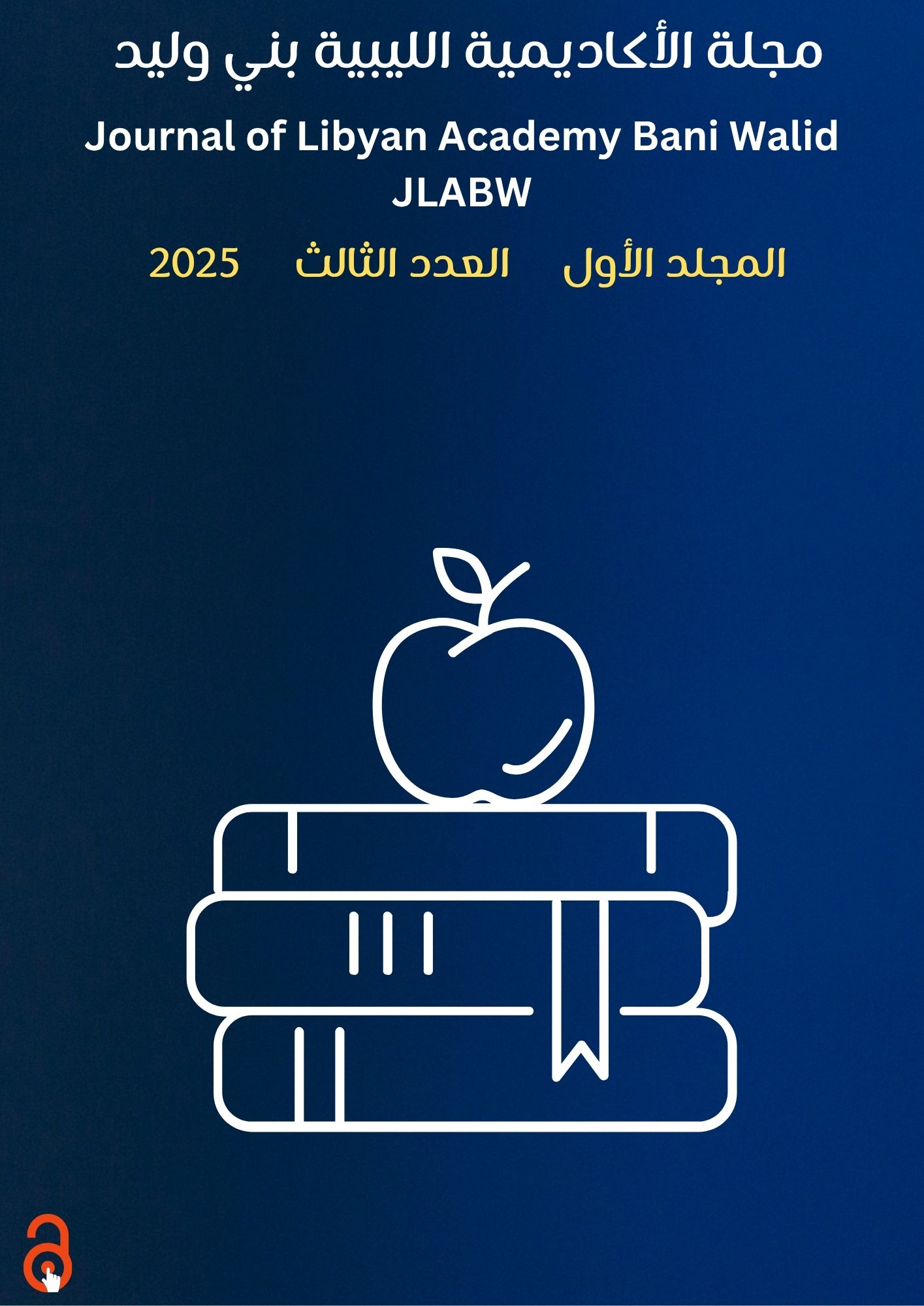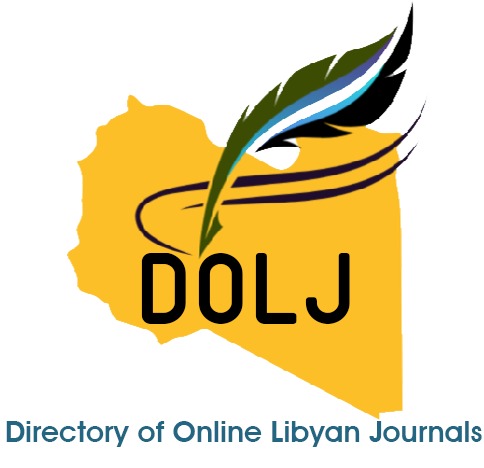Integrating Deep Learning Models into English Language Teaching Pedagogy: A Contextual Analysis of Opportunities and Challenges in Libyan Universities
DOI:
https://doi.org/10.61952/jlabw.v1i3.67Keywords:
Deep Learning, Models, English Language Teaching, Pedagogy, Opportunities, Challenges, Libyan UniversitiesAbstract
This study investigates the contextual dynamics influencing the integration of deep learning models into English Language Teaching (ELT) pedagogy within Libyan universities. Employing a mixed-methods approach, the research explores faculty readiness, institutional support mechanisms, and perceived challenges associated with adopting artificial intelligence (AI) technologies in language instruction. Quantitative data were collected from 120 ELT faculty members using a structured questionnaire, and statistical analyses, including regression and t-tests, were conducted to assess key hypotheses. Findings indicate that while faculty members demonstrate a moderate awareness of deep learning's pedagogical potential, their practical readiness remains suboptimal. Notably, only 22% reported access to relevant institutional training programs, and the mean readiness score fell marginally below the neutral threshold (M = 2.99). Regression results highlighted the critical role of professional development opportunities and administrative encouragement in shaping faculty perceptions of institutional support. However, a one-sample t-test revealed no significant deviation from neutrality in overall support scores (t = -0.24, p > 0.05), underscoring the insufficiency of current institutional mechanisms. These results reinforce the hypothesis that systemic gaps spanning infrastructural inadequacies, limited faculty engagement, and insufficient strategic planning continue to hinder effective AI integration. The study concludes by recommending context-sensitive reforms in policy, faculty development, and resource allocation to foster a more supportive ecosystem for deep learning adoption in ELT practices across Libyan higher education institutions.







